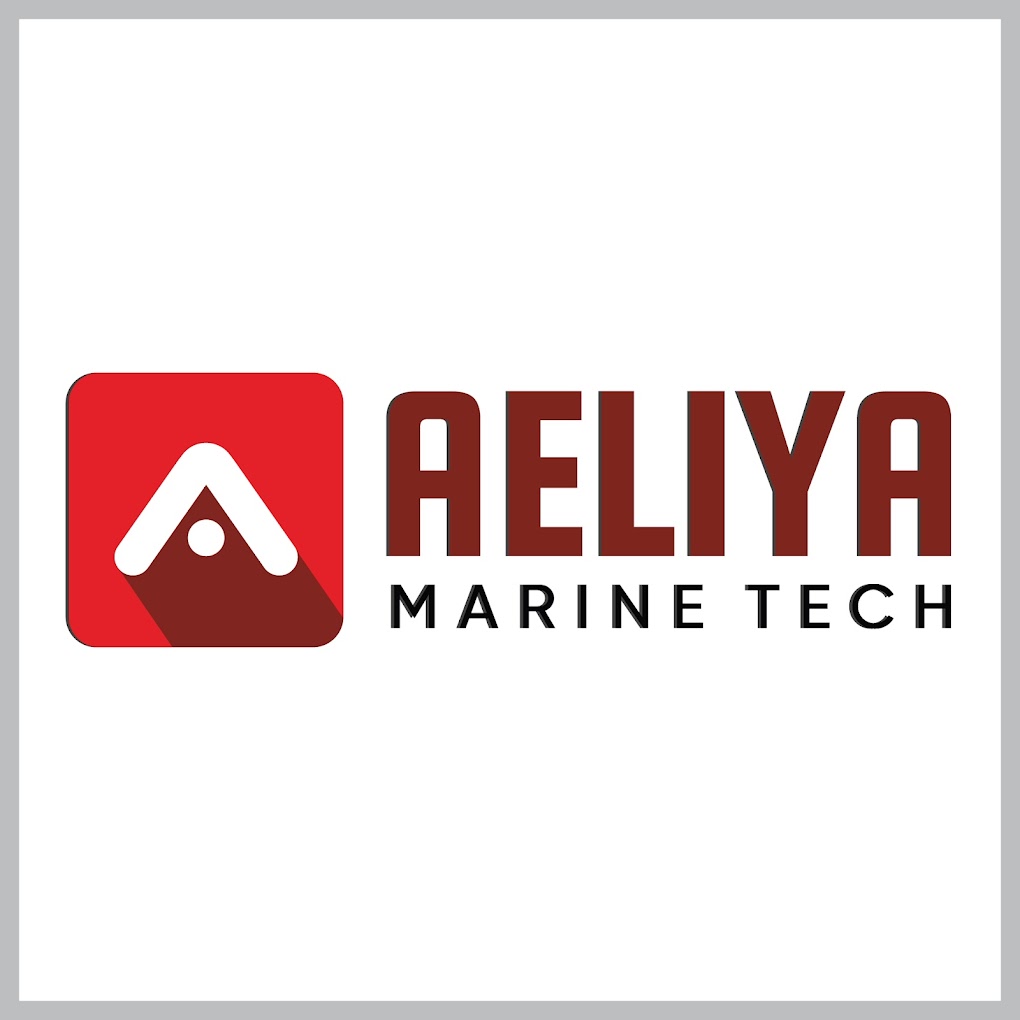
Aeliyamarine123
Uploaded on Jun 5, 2024
Filters play a crucial role in marine automation processes by ensuring the smooth operation of various systems. They remove contaminants from fuel, oil, and water, preventing damage and maintaining efficiency. Clean filters reduce wear and tear on machinery, lowering maintenance costs and downtime. They enhance fuel efficiency and reduce emissions, contributing to environmental sustainability. In automated systems, efficient filters ensure sensors and control mechanisms function optimally, leading to safer and more reliable marine operations. Regular filter maintenance is essential for sustaining performance, prolonging equipment life, and ensuring the seamless operation of automated marine processes.
The Impact of Filters in Marine Automation Processes
The Impact of Filters in Marine Automation Processes
Introduction
In the involved world of marine automation, optimizing performance is crucial for smooth
marine. One key aspect often overlooked is the role of effective filters. These crucial
contributors play a vital role in enhancing efficiency and reliability onboard vessels. In this
comprehensive guide, we'll look into the significance of filters in marine automation and
explore strategies to maximize their effectiveness.
Understanding the Importance of Filters in Marine Automation
Filters serve as guardians of vital systems aboard ships, ensuring that only clean fluids and gases
flow through critical components. From engines to hydraulic systems, filters play a vital role in
preventing contamination and maintaining optimal performance.
www.aeliyamarine.com
Engine Efficiency: Clean fuel is essential for the smooth operation of marine engines. Filters
remove impurities such as dirt, water, and other contaminants, safeguarding engines against
damage and optimizing fuel efficiency.
Hydraulic Systems: Hydraulic systems are the backbone of many marine operations, from
steering to cargo handling. Filters in these systems prevent particle buildup and oil degradation,
prolonging component life and minimizing downtime.
Air Quality: Clean air is essential for crew health and equipment longevity. Filters in HVAC
systems and engine air intakes ensure that harmful particles and pollutants are kept at bay,
maintaining a healthy environment onboard.
Types of Filters Used in Marine Automation
Several types of filters are employed in marine applications, each serving a specific purpose:
Fuel Filters: These remove contaminants from fuel, ensuring the smooth operation of engines
and preventing clogging of fuel injectors.
Oil Filters: Oil filters remove impurities from lubricating oil, preventing engine wear and
prolonging the lifespan of critical components.
Air Filters: Air filters trap dust, pollen, and other airborne particles, ensuring clean air intake for
engines and HVAC systems.
Water Filters: Water filters remove impurities from onboard water systems, ensuring safe
drinking water and preventing corrosion in plumbing.
Optimizing Filter Performance
Maximizing the effectiveness of filters is essential for maintaining peak performance onboard
vessels. Here are some strategies to optimize filter performance:
Regular Maintenance: Establish a proactive maintenance schedule for filter inspection and
replacement. Clogged or worn-out filters can impede performance and lead to costly repairs.
Use High-Quality Filters: Invest in high-quality filters from reputable manufacturers. While they
may come at a higher initial cost, they offer superior filtration efficiency and longer service life.
Proper Sizing: Ensure that filters are correctly sized for the application. Undersized filters may
struggle to handle the required flow rates, while oversized filters can lead to pressure drops
and inefficiencies.
www.aeliyamarine.com
Monitor Filtration Efficiency: Implement monitoring systems to track filter performance and
detect any anomalies. Regular monitoring allows for timely intervention and prevents potential
issues.
Consider Filtration Redundancy: In critical systems, consider installing redundant filters to
ensure continuous operation in the event of filter failure or maintenance.
Conclusion
Effective filters are crucial resources in marine automation, playing a vital role in optimizing
performance and ensuring the smooth operation of onboard systems. By understanding the
importance of filters and implementing best practices for maintenance and optimization, vessel
operators can achieve significant improvements in efficiency, reliability, and cost savings.
www.aeliyamarine.com

Comments